Embracing the tradition of audacity
Published on March 20th, 2020
After hosting five editions of the Race to Alaska, Race Boss Daniel Evans has proven to be a spiritual leader. Who else could take this harebrained idea – a 750-mile adventure race from Port Townsend, Washington to Ketchikan, Alaska – and establish international interest?
At a time in life when we need spiritual guidance, Evans delivers in this report:
The echo in the pasta aisle is new, as are the nods and waves which have taken the place of handshakes and bearhugs. Port Townsend, home to the R2AK’s race start and SEVENTY48’s epic finish line, is usually a huggy place. Illness epicenters have a way of changing that, and it has.
COVID is real in every direction of our reality, in our wallet, our food, our friends. It dangles on the edge of our thoughts, sits at the back of our tongues and rings in our ears. My ears ring because the media refuse to talk about anything else. But it’s affecting our race, too.
The presence of COVID-19 began as a distant cry and has grown into this thundering beast clearing our streets and emptying workplaces, but look, I’m going to lead with the punchline: Race to Alaska and SEVENTY48 are happening until they are not.
In fact, I won’t cancel a race unless there is a directive levied against the activity from some body of governance that has the chops to levy it or, its termination serves to lessen the exposure to COVID.
In defense of our race, and the value of it running as planned, I offer the following ripostes:
“Find a better way to experience extreme social distancing.”
“It’s a needed family break from what has turned into a six-month summer vacation for our kids.”
“The races are custom-designed entertainment for the masses of forced and self-isolated victims worldwide.”
This is the low hanging fruit, my friend. The real reasons?
First, ask yourself: Why do you race? Why do you watch racers? What attracts you to adventure? These races reflect many elements of the human condition and the human heart.
Some are easy to tick off: meeting challenges head-on, the losing of oneself in a greater landscape, the power afforded to a person for having just done it. Overcoming even those goals is not to be taken lightly, but I feel my answer to these questions is more full-throated, not presented as an opposition, but an alternative to what our society is facing.
I want to fire that starting gun into the unpredictable skies of June because to not try is to lose already, and to cross the start line is to win. We’ll keep the “it’s a boat race” charade for the tourists, but this is a race of one racer at a time taking this moment to say, “I’m better than I was five minutes ago, and I just need to make it another five minutes.”
Half-million-dollar boats jockey at the starting line with dories dragged from under grandparents’ lake house porches. And. We. Don’t. Care. This is a race of celebration, where I get to be part of a team without having to sit in their cockpit and eat their food. I get to cry at the triumph and tragedy of people I hardly know.
Why would I? Because WE are racing to Alaska. And that ‘we’ is unity, across borders, fiber optics, and satellites.
That we is us, and I yearn to stand shoulder to shoulder with champions of human nature; with people courageous and passionate and loving and present. Feet firmly on the earth, eyes looking forward. Arms interlocked—and yes, that can be metaphoric—because when we are on the water together, we represent one thing: the desire for all of us to be better than we were five minutes ago.
In a time when it feels like we, as a civilization, are going nowhere, I want that start gun to remind us that we can be stronger together, in every sense. And even if I have to high five you standing six feet apart, it will thunder with love and admiration, and never with fear.
We are all far too beautiful of creatures to expect otherwise. Come race day, it may look like a different day than what we have experienced in the five years of running these races. However, these races are steeped in the traditions of audacity, why would we expect anything else? I’ll see you in June.
Race details – 2019 Results – Facebook – Instagram
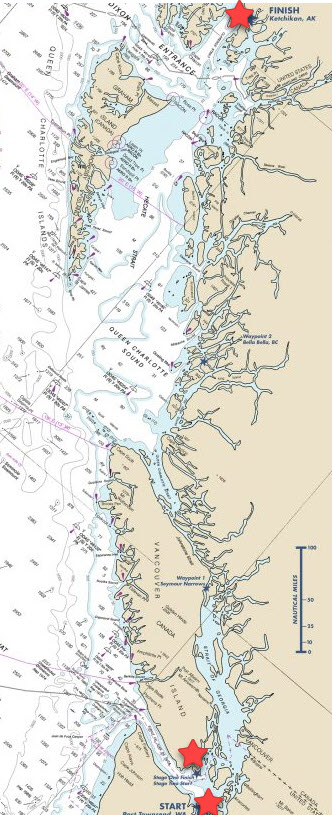 Background:
Background:
Race to Alaska, now in its 6th year, follows the same general rules which launched this madness. No motor, no support, through wild frontier, navigating by sail or peddle/paddle (but at some point both) the 750 cold water miles from Port Townsend, Washington to Ketchikan, Alaska.
To save people from themselves, and possibly fulfill event insurance coverage requirements, the distance is divided into two stages. Anyone that completes the 40-mile crossing from Port Townsend to Victoria, BC can pass Go and proceed. Those that fail Stage 1 go to R2AK Jail. Their race is done. Here is the 2020 plan:
Stage 1 Race start: June 8 – Port Townsend, Washington
Stage 2 Race start: June 11 – Victoria, BC
There is $10,000 if you finish first, a set of steak knives if you’re second. Cathartic elation if you can simply complete the course. R2AK is a self-supported race with no supply drops and no safety net. Any boat without an engine can enter.
In 2019, there were 48 starters for Stage 1 and 37 finishers. Of those finishers, 35 took on Stage 2 of which 10 were tagged as DNF.
Source: Race to Alaska


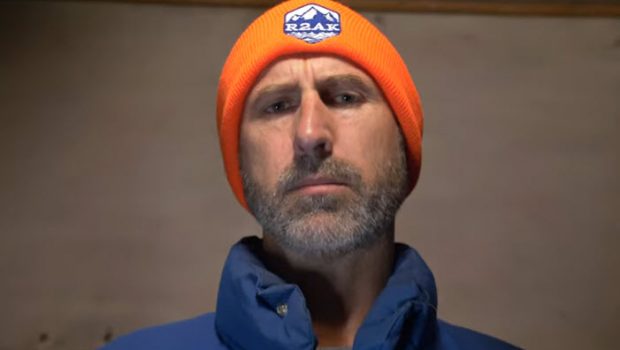



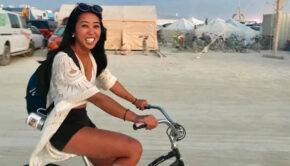
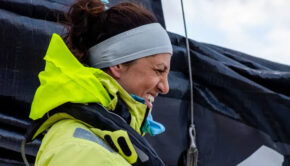
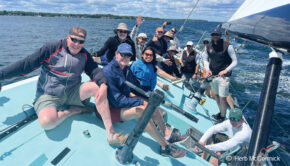
 We’ll keep your information safe.
We’ll keep your information safe.